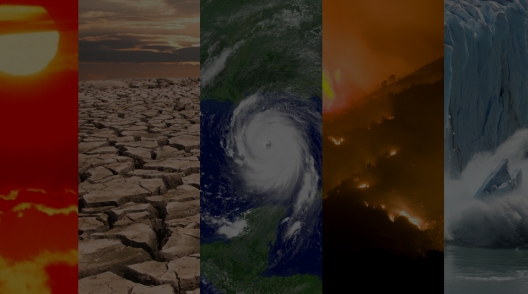NOAA’s newest satellite completes tests ahead of December 2021 launch

NOAA’s GOES-T, the third in a series of advanced geostationary weather satellites, recently completed rigorous testing to ensure it can withstand the harsh conditions of launch and orbiting in space 22,236 miles above Earth.
GOES-T is on track for a December 2021 launch from Cape Canaveral Air Force Station in Florida. The satellite will be renamed GOES-18 once it reaches geostationary orbit. Once GOES-18 completes on-orbit checkout of its instruments and systems, NOAA will consider the health and reliability of the overall GOES observing system before deciding whether GOES-18 will reside in on-orbit storage or go immediately into operational service.
NOAA’s GOES-R satellites comprise the Western Hemisphere’s most advanced weather-observing and environmental-monitoring system. The GOES-R Program is a four-satellite mission that includes GOES-R (GOES-16, launched in 2016); GOES-S (GOES-17, launched in 2018); GOES-T; and GOES-U, planned for launch in 2024.
Learn more about what to expect from GOES-T.








 User Center
User Center My Training Class
My Training Class Feedback
Feedback














Comments
Something to say?
Log in or Sign up for free